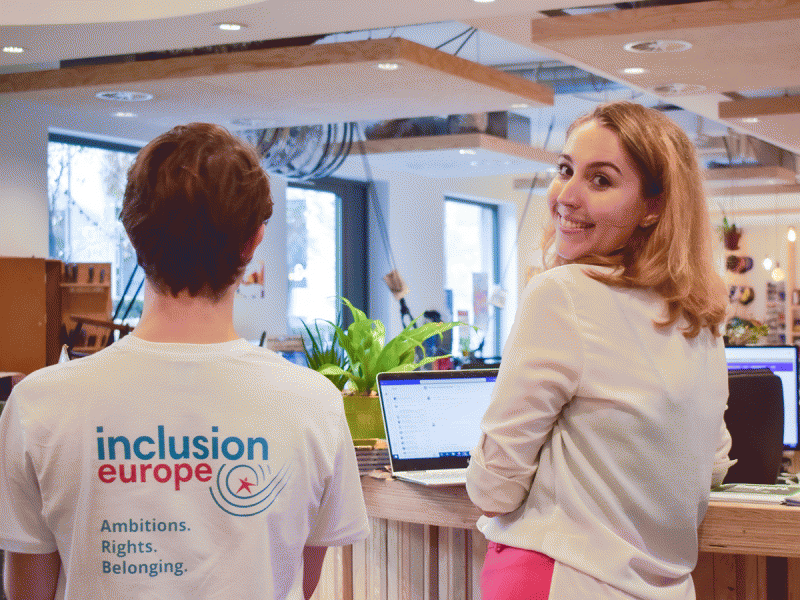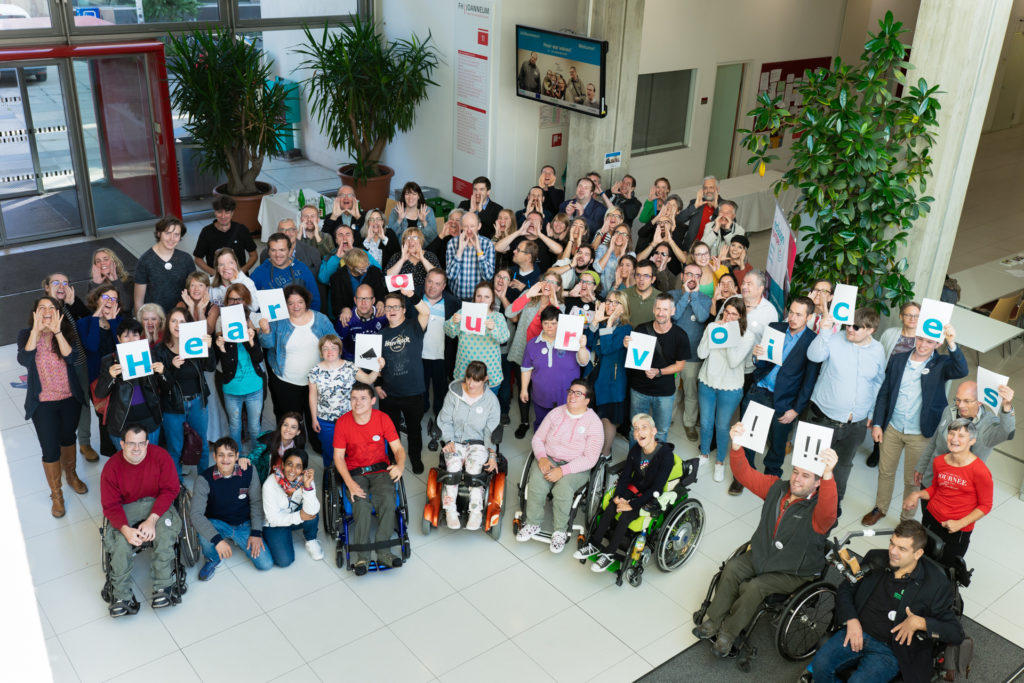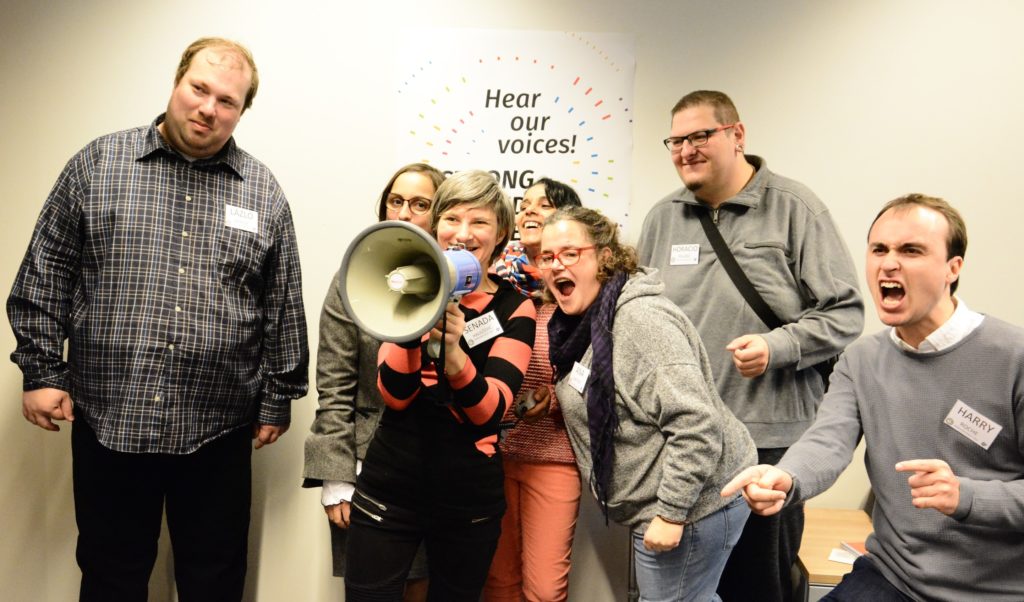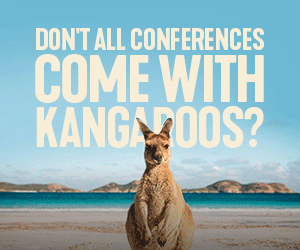Inclusion Europe: “Inclusion has become everything but people with disabilities”

Today, associations increasingly wish to recognise the strategic importance of Diversity, Equity and Inclusion (DEI) as a management discipline, working to incorporate a wide range of demographic groups into their staff and Boards. Inclusion Europe is a membership association created in 1988 that represents people with intellectual disabilities and their families in all aspects of society, advocating their interests and concerns to the European institutions and the United Nations. The main issues they grapple with continue to be education, accessibility, voting rights, employment and health care, as well as the right to decide and non-discrimination, as many of these people are under guardianship.
To talk about all these issues that directly affect millions of people in Europe, we sat down with director Milan Šveřepa (on the left) and advocacy expert Soufiane El Amrani (on the right).
1) What are the red flags you are dealing with in the scope of your work?
Milan Šveřepa: The main one is still social segregation. The latest surveys show that there is much work to be done to close down a number of care institutions in Europe, as the number of people placed in these institutions has not changed in ten years. Despite much work done at this level, these asylums continue to take in people who should be more actively integrated. By placing elderly, children or disabled people in a nursing home, they are deprived of their individuality and their social relationships. Big part of everyones’ lives is the constant overcoming of daily challenges, and this cannot be achieved with the overwhelming protection of an institution of this nature. We argue that people have the right to live in their own homes, make decisions about their lives, have friends, jobs, things that are absolutely normal for most people in society. The origin and the pernicious effects of this institutionalisation in the 1960s are well described in the film “One Flew Over the Cuckoo’s Nest”.
2) How have these two years of the pandemic affected your work and social advocacy for people with intellectual disabilities?
MS: Like so many other associations, we closed our offices and that was a problem for an advocacy organisation like ours. However, I think we found some relevant aspects: members started to participate more in meetings as they were no longer restricted to a specific location, which is why online meetings turned out to be an effective way to upscale our participation. Another interesting element is that with the discontinuation of the original format, we have partnered with organisations across Europe to run their own sessions and programmes within our self-advocacy conference. This has greatly increased the participation and decentralisation of the debate, as many of these organisations operate at a local level and deal with culturally bound issues. We also organised events in specific countries under a common umbrella, which was beneficial both for general participation and for replicating other formats with our stakeholders.
3) What reasons do employers give for not hiring people with intellectual disabilities?
Soufiane El Amrani: They are afraid to hire a person with intellectual disabilities because the idea that we can be too burdensome or too dependent at work is still perpetuated. Often, these are just allegations to justify the alleged inability of these candidates. Others imply that it is very complicated and time-consuming to make room for that person into the group dynamics. It all comes down to time, money and resources to guide that person on this journey. It is also important to disseminate understandable information about texts, guidelines and procedures within our easy-to-read programme. That’s the point of having information written in a way that people can more easily understand.

4) How can educational and social barriers be broken down to include these people in working environments?
SEA: I would give them the opportunity to apply and to move on to more advanced stages of recruitment. I remember my two interviews for Inclusion Europe, even before they called me to tell me the job was mine. That opportunity gave me enormous confidence in my abilities and professional worth.
MS: There are many things that organisations do unintentionally that end up discouraging people with disabilities from applying by pushing certain roles away from their profile. And there are several barriers that can be easily removed, one of them is unnecessary criteria such as the insistence on an academic degree for a particular job. After all, are they hiring someone for a job with the knowledge and skills that the position requires, or for the requires, the values and attitude the person has?
5) At a time when DE&I encompasses so many minorities, voices and agendas, isn’t there a risk of these agendas to collide and overshadow each other?
MS: I don’t think it’s a risk, I think it’s already happening. Inclusion has become about everything but people with disabilities. I have been telling this to the Boards of most organisations and companies, as it is becoming very relevant in their corporate identity. If we look at the audience of the conference I spoke at (European Association Summit 2023 in Brussels), we come to the same conclusion – in those sessions, everyone stated a number of DEI agendas, except people with intellectual disabilities. Our organisation is called Inclusion Europe since 1988, and the word “inclusion” has been applied in this sense for decades. Many other activists groups have been incorporated into this, and that is a good progress, but people with disabilities should not be left behind. Take the European Parliament (EP), for example: The EP has 705 Members representing about 450 million citizens, 100 million of whom have some kind of intellectual disability. Among these 705 Members, I believe there are no more than 10 people with disabilities. Where is this representation, diversity and inclusion?
"The EP has 705 Members representing about 450 million citizens, 100 million of whom have some kind of intellectual disability. Among these 705 Members, I believe there are no more than 10 people with disabilities. Where is this representation, diversity and inclusion?"
6) The concept of self-advocacy is a key pillar of your platform as it puts faces and voices to the real problems of these people. Do you think that through these testimonies the message can be better understood?
MS: Absolutely. One of the major reasons for our existence is the visibility of people with intellectual disabilities, highlighting the trials and tribulations they have to go through. As we know, these people tend to be invisible in society, and are often placed in institutions or hidden from society. Obviously, many families and activists are now proactive in fighting for their rights, yet our advocates continue to be segregated from the media, the market, politics, etc. Our main achievement in this regard was the video of the 2019 European elections broadcast directly from the EP, giving huge visibility to the inclusion movement. Our main priority is to normalise relations with the people we represent without isolating them in a bubble. For us, the right to vote is also a very significant part, because in more than half of the EU countries people under guardianship cannot participate in elections. The “Hear our Voices” 2023 conference specifically focused on the development of self-advocacy in Eastern Europe with various self-advocates from countries such as Hungary, Lithuania, Estonia, Ukraine or Romania.

Other Articles
About Us
Supported by the Union of International Associations (UIA), the International Association of Professional Congress Organisers (IAPCO) and the Interel Group, the global public affairs and association management consultancy, Headquarters Magazines serve the needs of international associations organising worldwide congresses.















